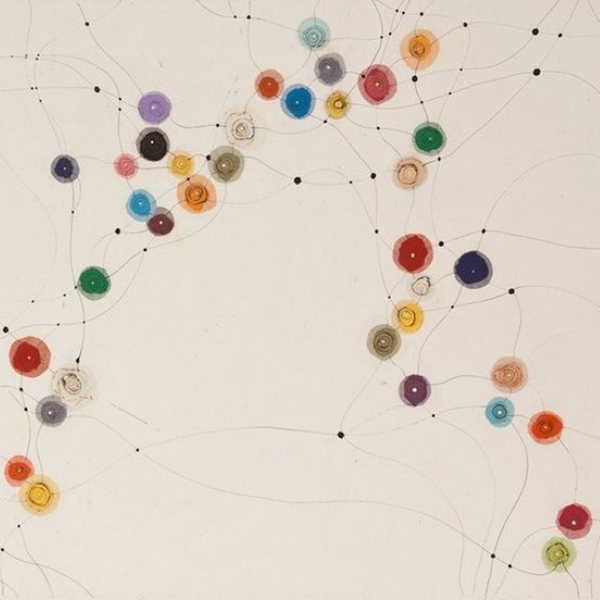Exactly solvable random graph ensemble with extensively many short cycles
An explicit analytical solution reproduces the main features of random graph ensembles with many short cycles under strict degree constraints.
Journal of Physics A 51, 85101 (2018)
F. Lopez, P. Barucca, M. Fekom, A. Coolen
















We introduce and analyse ensembles of 2-regular random graphs with a tuneable distribution of short cycles. The phenomenology of these graphs depends critically on the scaling of the ensembles' control parameters relative to the number of nodes. A phase diagram is presented, showing a second order phase transition from a connected to a disconnected phase. We study both the canonical formulation, where the size is large but fixed, and the grand canonical formulation, where the size is sampled from a discrete distribution, and show their equivalence in the thermodynamical limit. We also compute analytically the spectral density, which consists of a discrete set of isolated eigenvalues, representing short cycles, and a continuous part, representing cycles of diverging size.